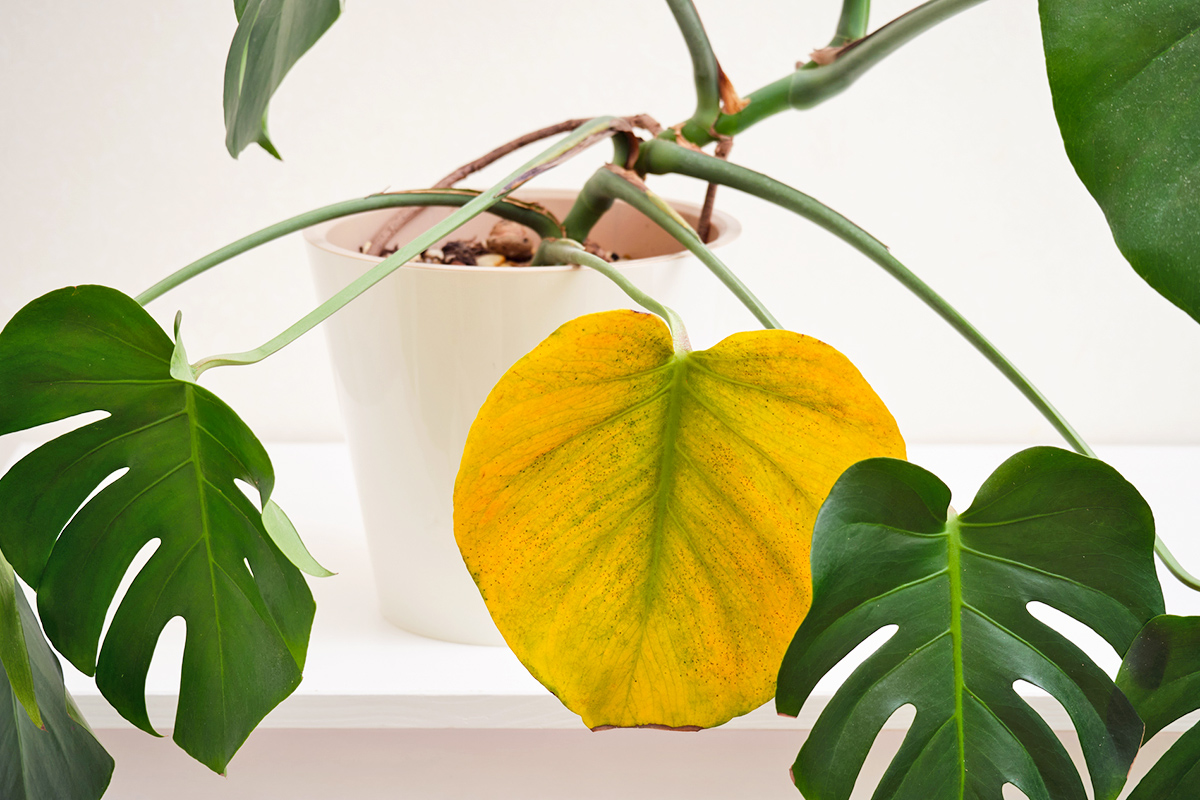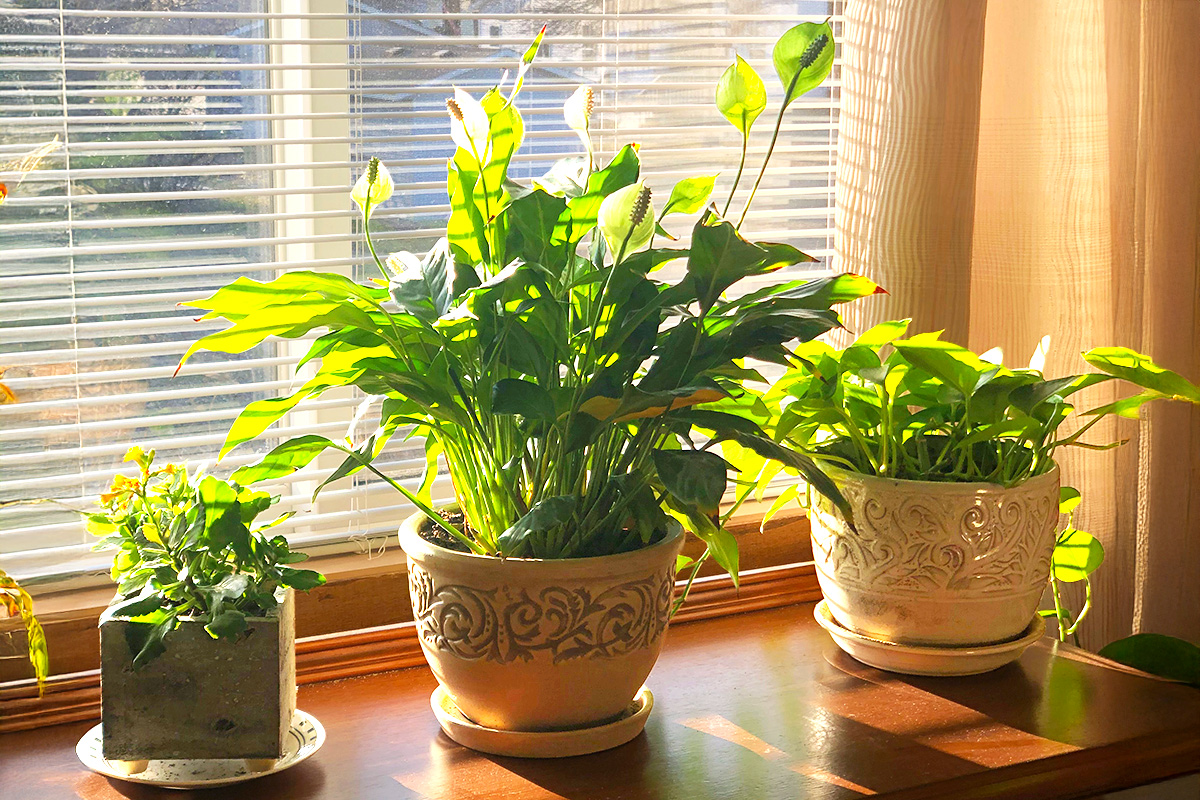Many of us find it difficult to get going in the morning without a cup (or three) of coffee. As it turns out, your plants might also benefit from an occasional jolt of java. Using coffee grounds as houseplant fertilizer goes viral periodically, and in truth, they can provide valuable nutrients when used judiciously.
How To Use Coffee Grounds on Your Plants
The simplest way to put those grounds to use is by watering your houseplants with them. Here’s how it works:
Step 1: Save the grounds from your coffee maker. If you use a pod-style coffee maker (Nespresso, Keurig, Tassimo, and similar systems), keep a container handy to collect the used pods. Drip coffee users can just use the contents of this morning’s filter.
Step 2: Empty the grounds into a pitcher or large measuring cup. If you’ve been saving pods, carefully cut them open and shake or scoop the grounds into your pitcher. Add room-temperature water to the grounds, and give them a stir to make a slurry of water and coffee. The consistency should be relatively thin as the goal is to dilute the coffee grounds as much as possible.
Step 3: Water your houseplants (or your garden) with the slurry, no more than once a week. It’s ready to use right away, but if you let the slurry rest for 20 to 30 minutes, the coffee’s nutrients have more time to dissolve into the water.
More from our network
House Outlook is part of Inbox Studio, which publishes content that uplifts, informs, and inspires.
What Used Coffee Grounds Do for Plants
The slurry is essentially weak coffee, infused with nutrients and beneficial grounds. Brewed coffee is slightly acidic, and causes acid-loving plants such as African violets, cyclamens, begonias, Christmas cactus, and jade plants to perk right up. Avoid giving coffee grounds to plants that prefer alkaline soil as too much acidity can harm them. These include lavender, lilacs, roses, tomato plants, thyme, and rosemary.
If you have an outdoor garden, you can use your slurry there as well. Researchers at Oregon State University found that a coffee drench applied to garden beds deterred slugs, and noted that caffeine could actually kill the garden pests in specific concentrations. An article published by Washington State University further suggests that coffee can protect plants from common soil-borne infections, including fungal rots and wilts, and certain bacterial pathogens.




















